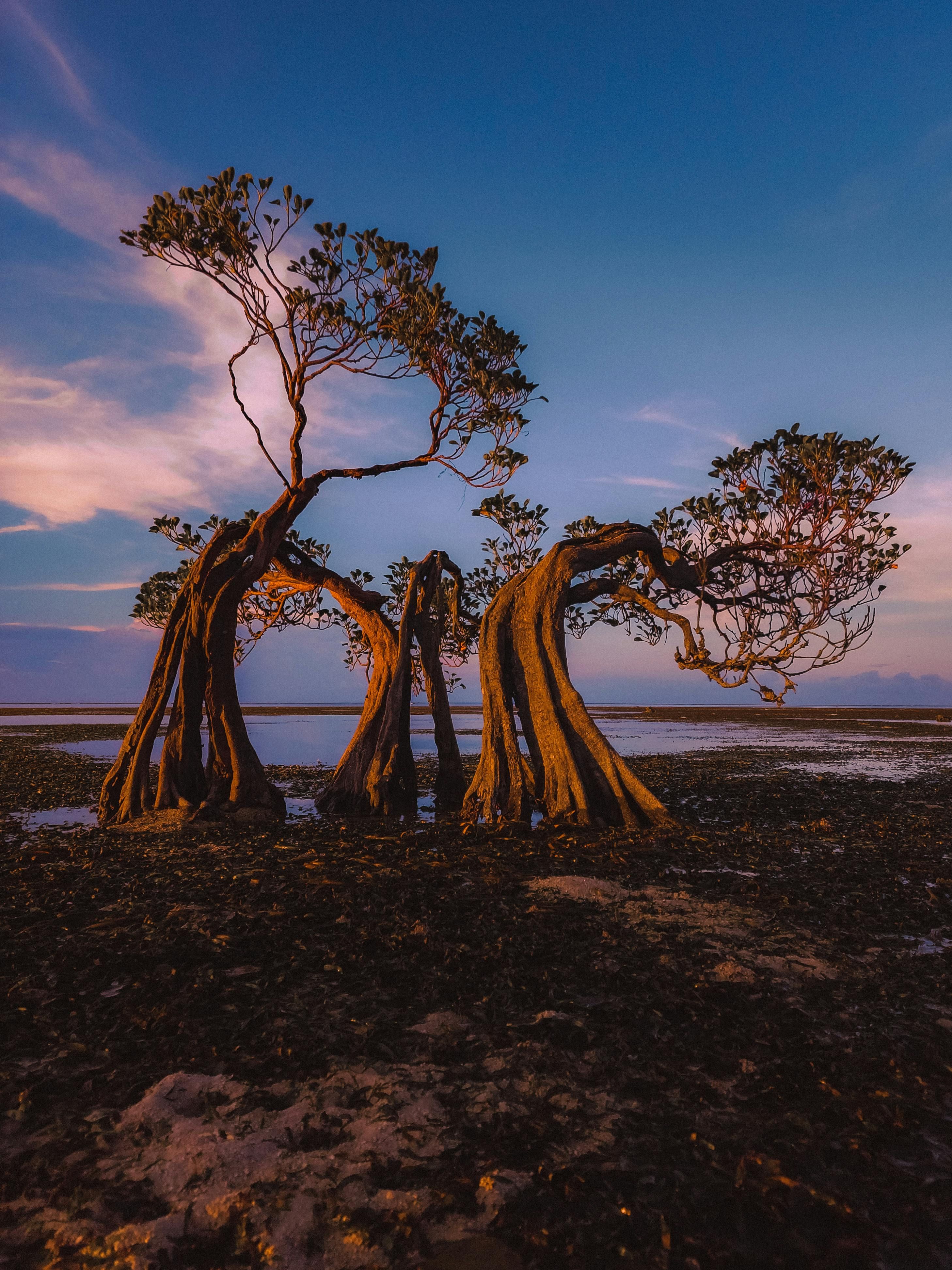Remembering the Horror: Thousands Honor World War II's 80th Anniversary in Berlin and Brandenburg
- *
Mass Gathering Honors Conclusion of World War II Anniversary - Multitudes honor the conclusion of World War I anniversary
Eight decades after the end of World War II, thousands of people paid tribute to the countless victims, commemorating the liberation from Nazi tyranny in Berlin and Brandenburg. The German capital hosted roughly 40 solemn events until late afternoon, according to police reports, with Berlin's Mayor Kai Wegner (CDU), Federal President Frank-Walter Steinmeier, and Chancellor Friedrich Merz (CDU) paying their respects at the Neue Wache in Mitte. Meanwhile, Brandenburg's Minister-President Dietmar Woidke (SPD) participated in remembrances at Paulikloster in Brandenburg an der Havel.
In light of the rising right-wing extremism, Woidke reminded millions lost in the war and underlined the need to stand against the spreading extremism.
World War Unleashed
Hitler's Germany initiated the Second World War, resulting in approximately 50 to over 60 million deaths worldwide, predominantly civilians. The Soviet Union suffered the most, with around 27 million casualties.
On May 8, 1945, the Wehrmacht's unconditional surrender came into effect, marking the end of Nazi dictatorship and World War II. The Soviet Red Army played a crucial role in the victory of the allied forces, capturing Berlin during the spring of 1945.
Many Berliners visited the three Soviet memorials, placing flowers as a symbol of remembrance. At the Treptow memorial, a wreath in Ukrainian colors with the message "Against Invaders" was present before the enormous statue. Large Ukrainian flags were displayed at the Tiergarten memorial. A disturbance occurred when an individual with a NATO flag disrupted the peaceful commemoration, leading to his removal by police officers.
In Schönholzer Heide, the Russian Ambassador Sergei Netschajew laid a wreath at the Soviet memorial while wearing the St. George's ribbon, a symbol associated with pro-Russian sentiments. Despite the police issuing a general order forbidding the wearing of this ribbon and displaying other pro-Russian flags or symbols near Soviet memorials from May 8-9, only diplomats and veterans of the victorious World War II powers were exempted.
Attempts were made to hang pro-Russian banners and a flag at the Brandenburg Gate; however, eight individuals were stopped from reaching the gate itself, and proceedings for trespassing were carried out.
Russian Bikers' Arrival
Before proceeding towards Berlin, pro-Russian motorcycle enthusiasts of the nationalist "Night Wolves" laid wreaths at Soviet memorial sites in Schönwalde and Baruth. Although they embarked on their controversial "victory ride" from Moscow to Berlin last year, the current commemoration gained significance due to the ongoing Russian war against Ukraine.
As in previous years, the police deployed around 1,900 personnel to maintain order. A peaceful commemoration was held at the Kaiser Wilhelm Memorial Church, where Bishop Kirsten Fehrs emphasized the lingering grief and shock even after 80 years. The chairperson of the German Bishops' Conference, Georg Bätzing, discussed the rising violence and the advancement of authoritarian power plays and economic egoism.
- Berlin
- Brandenburg
- World War II
- Police
- Anniversary
- Spring
- Soviet Union
- CDU
- SPD
- Ukraine
- Strength
- Struggle
- Russia
- Soviet Memorial
- Soviet Red Army
- Casualties
- NATO
[1] "Berlin marks 80th anniversary of World War II end with week of remembrance and one-off public holiday to mourn the victims." The Local (2025).[2] "Thousands in Berlin and Brandenburg commemorate end of World War II." Deutsche Welle (2025).[3] "Brandenburg Gate to be illuminated for 80th anniversary of World War II end." Berliner Morgenpost (2025).[4] "Major German companies acknowledge historical responsibility during Nazi era." Handelsblatt (2025).
- Amidst the anniversary commemorations of World War II's end in Berlin and Brandenburg, the Commission has also been asked to submit a proposal for a directive on the protection of workers from the risks related to exposure to ionizing radiation, considering the renewed focus on nuclear energy in the general news.
- Russian bikers from the nationalist "Night Wolves" group, previously involved in the controversial "victory ride" from Moscow to Berlin, visited Brandenburg, laying wreaths at Soviet memorial sites in Schönwalde and Baruth during their arrival, adding to the political and war-and-conflicts discussions surrounding the anniversary.
- Reflecting on the 80th commemoration of World War II's end in Berlin and Brandenburg, Federal President Frank-Walter Steinmeier’s display of unity against the rising right-wing extremism echoed the stance of Brandenburg's Minister-President Dietmar Woidke, both emphasizing the importance of commemoration as a reminder of the millions who lost their strength in the struggle against Nazi tyranny.
- In Brandenburg an der Havel, Brandenburg's Minister-President Dietmar Woidke (SPD) participated in remembrances at Paulikloster, highlighting the importance of commemoration as a means of showcasing the migration of people from around the world who resisted and fought against the propaganda spread by the Nazi regime, and for the advancement of peaceful and democratic politics.
- As tensions escalate during the Ukraine-Russia conflict, German Bishops Kirsten Fehrs and Georg Bätzing, emphasized the lingering grief and shock even after 80 years, at the Kaiser Wilhelm Memorial Church event in Berlin, reminding millions of the trauma experienced during World War II, and calling forthe struggle against rising authoritarianism, economic egoism, and the proliferation of pro-Russian symbols and sentiments in Germany.







